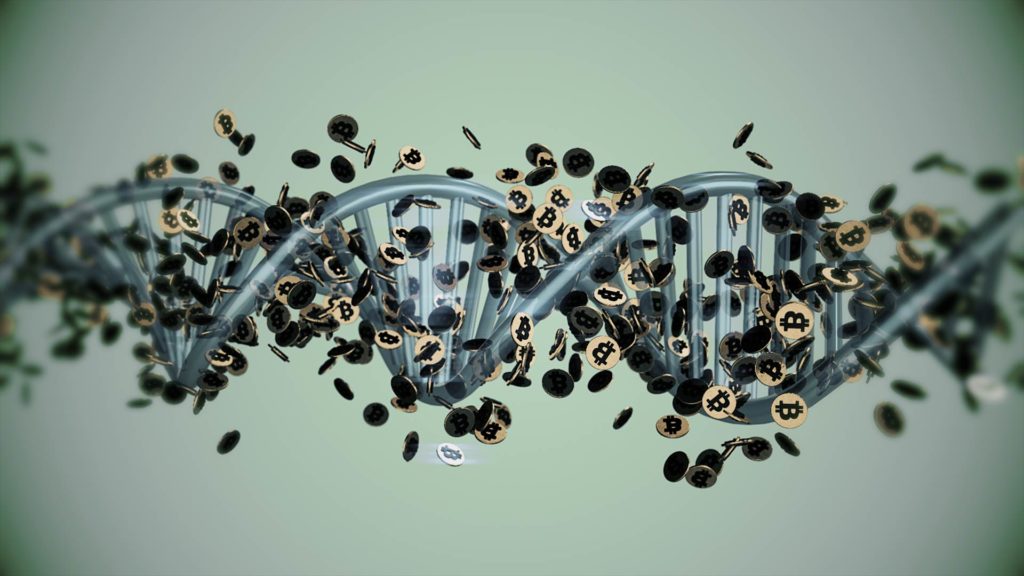Nebula Genomics: Where Blockchain Meets Genome Sequencing
Trade your genetic data for cryptocurrency. (Chill, its legit!)
The godfather of the Human Genome Project now has new trick trade up his sleeve- that’s to tap into “a genomic data market worth billions of dollars.”
Having long advocated for big data in genomics, Harvard veteran, George Church is now taking his vision for the field of genetics a step further by incorporating blockchain, the ledger system most famous for powering Bitcoin.
Nebula Genomics, co-founded by the genetics pioneer along with PhD student Dennis Grishin, and graduate Kamal Obbad, all from Harvard- has now emerged from stealth mode with integrated blockchain tech that they believe will help people understand their genome, find cures for (unspecified) diseases, and, unlike most existing genomics companies, guarantee that individuals will retain permanent ownership of their DNA data.
Nebula Genomics will do all of this, and more, through the hottest technologies since fire: Blockchain will ensure private untraceable transactions between individuals selling their genomic data and companies buying it, and a cryptocurrency called Nebula tokens will make the whole thing go round.
The idea sounds outlandish, but Church and his colleagues laid out in a recently released white paper that this will
put the genomic power in the hands of the consumer, as opposed to companies like 23andMe and AncestryDNA, which own your genomic data after you take that spit tube test.
Nebula says it alone will offer consumers private storage of personal data, secure computing, payment for their data, and a way to subsidize the cost of sequencing. “Data buyers”—read: drug and biotech companies—will be able to directly contact owners and quickly access large data sets.
Obbad says biotech and pharma companies won’t actually be able to download data shared by owners, just borrow it. Data owners will remain anonymous, while buyers will have to be fully transparent about their identity. Genomic data and transaction records will be secured by a blockchain—the same technology behind cryptocurrencies like Bitcoin.
“[Nebula] will probably be directly and indirectly buying tokens from individuals to resell them to data buyers. Individuals might also use tokens to pay for third-party apps that interpret certain aspects of their genomic data,” Nebula co-founder Dennis Grishin told STAT. Nebula thinks its offer to app developers is more attractive than that of Illumina-spinout Helix as it will support “decentralized Blockstack apps that will run locally on data owner computers and interpret privately stored genomic data.”
“We will define standard formats for genomic and phenotypic data that is offered on the Nebula network. Data standardization will help data buyers curate large and diverse datasets and save significant costs,” Nebula wrote in its white paper.
Nebula is now operating on an initial $600,000 investment from an angel investor, the company expects to have raised an additional $1 million by the end of the week.

































